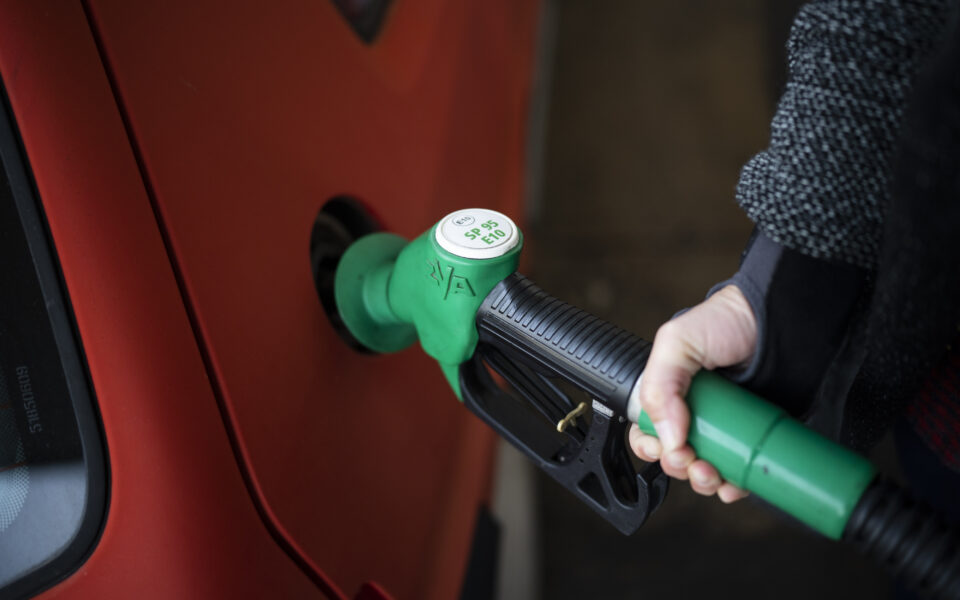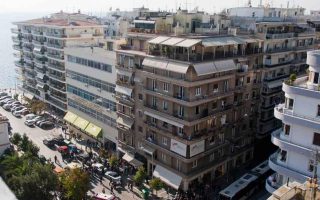Fuels rekindle inflation fears
Domestically, gasoline keeps getting more expensive; natural gas futures suddenly spike

Rising gasoline prices in Greece are fueling fears of persistent high inflation.
Worries were compounded Wednesday by the spike in the price of natural gas for September delivery at the TTF Dutch futures market. The price reached €43.49 per megawatt-hour intraday Wednesday, 40% higher than Tuesday’s closing price of €31.6/MWh. It eventually settled at €39.70/MWh, which is still 28.7% higher than Tuesday’s close and the highest closing price since June 20. October and November deliveries also rose, 23.16% and 13.57%, respectively.
The reason for the sudden hike is a prime example of the interconnectedness of the global economy: What prompted the hike was the fear that strikes in Chevron and Woodside Energy in Australia, will cut into the latter country’s exports of liquefied natural gas (LNG) to Asia, leading Asian countries to turn to the US to buy LNG, directly competing with European countries that are importing US LNG to wean themselves off dependence on Russian gas.
On the domestic front, the average price of regular unleaded gasoline on Tuesday, according to data provided by the Development Ministry’s Fuel Prices Observatory, was €1.958 per liter, 4.87% higher than July 8 (€1.867). In 12 regional units, the average price exceeded €2 per liter, with the Cyclades being the most expensive at €2.212/lt, followed by the regional units of the Dodecanese (€2.116), Kefalonia (€2.047), Lefkada (€2.047), Evrytania (€2.043), Lesvos (€2.026), Rethymno (€2.017), Corfu (€2.014), Fokida (2.014), Iraklio (€2.013), Lasithi (€2.013) and Samos (€2.013).
The gasoline price hikes of course affect car owners, but also the transport of goods, with the higher cost affecting prices across a range of goods, particularly foodstuffs. And, as for natural gas, even though it is too early to speak conclusively about a new price rally, winter is coming soon, as far as futures contracts are concerned, and there seems to be no prospect of resolution in Russia’s war of aggression against Ukraine. And, even though Europe’s reserve gas storage facilities are nearly full – specifically, 87.71% full on Monday, according to Brussels-based Gas Infrastructure Europe – the fact remains that Europe is heavily dependent on natural gas and LNG imports.





